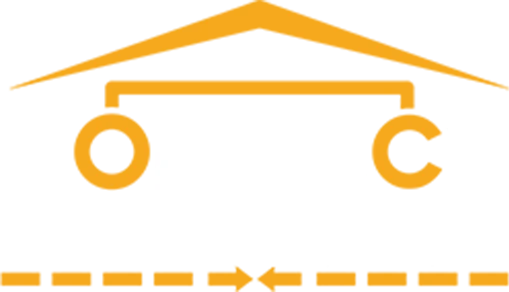In areas with extreme heat, A/C units allow us to live and work comfortably.
Your air conditioner works hard to not only cool air brought in from outside but to circulate
it throughout your home. It can even improve your health by filtering out pollutants,
ensuring the air you breathe is fresh and clean.
However, it is important to remember that your A/C can break down like any machine. This can happen as a result of age or neglect. Regular maintenance can spot and resolve issues before they become a huge headache and in some cases even prevent them in the first place. To help you get the most out of your air conditioner, here are four things you should do before the heat waves break.
1. GET DUCTWORK CLEANED REGULARLY
Over time, dust, pollen, and pollutants can build up in your ductwork. If too much accumulates, it can overwhelm your filters and end up in your air. All that debris can also be a burden on your system, making it work overtime to achieve the same effect. This may mean higher energy bills on top of reduced efficiency.
HVAC professionals can give your ductwork a thorough cleaning to eliminate any buildup and return your system to its former glory. Regular cleaning can end up saving you money while keeping your family comfortable throughout the summer months.
2. HAVE YOUR COOLANT LINES CHECKED
While ductwork and fans are usually the first things people think of when imagining their A/C, the system couldn’t produce that icy cold air without coolant lines. These tubes carry refrigerant, which is essential to the cooling process, between the indoor and outdoor portions of your HVAC system. If the pipes are damaged, it can drastically affect your air conditioning.
A thorough inspection of your coolant lines can determine if there’s been any damage to the pipes or the insulation surrounding them. If the damage is found, it should be repaired immediately to prevent energy loss.
3. MAKE SURE THE CONDENSER AND COILS ARE CLEAN
Your A/C’s condenser is integral to the cooling process, as it turns refrigerant vapor into a liquid through heat exchange. Over time, debris can build up around the condenser and coils, inhibiting their ability to cool the refrigerant. This may lead to system inefficiency.
If you went through winter without covering the unit, it is essential that you have your condenser examined before turning the system on. Cleaning should be done carefully to ensure that none of the components are accidentally damaged, which is why calling an HVAC professional is recommended.
4. REPLACE OR CLEAN FILTERS
Replacing air conditioning filters is an easy way to increase your system’s efficiency, but it’s a chore that may be easy to forget. Filters should be replaced or cleaned approximately once a month for best results.
Without regular cleaning or replacement, dirt, allergens, dust, and pollutants stay in the air and get dispersed throughout the house. In fact, poor filter performance can lead to indoor air quality that’s worse than what you find outdoors.
Poor air quality can lead to more intense allergies, and individuals with asthma or other breathing issues may have more trouble than usual. You may also be more susceptible to illnesses like bronchitis. Caring for your filters isn’t just a matter of saving a few bucks – it can have a real impact on your family’s health.

